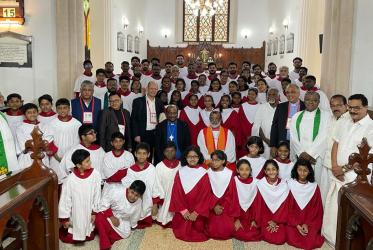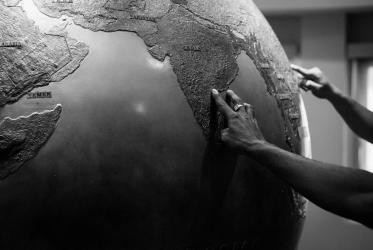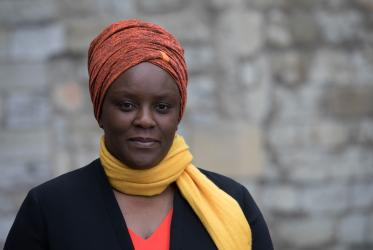Displaying 1 - 20 of 41
Upcoming webinar will focus on COVID-19 and caste discrimination
24 February 2022
Ecumenical Review focuses on “Global Manifestations of Racism Today”
27 February 2020
A Light to the Nations.
The Indian Presence in the Ecumenical Movement in the Twentieth Century
15 April 2016
Week of prayer 2013 explores what “God requires of us”
21 August 2012














